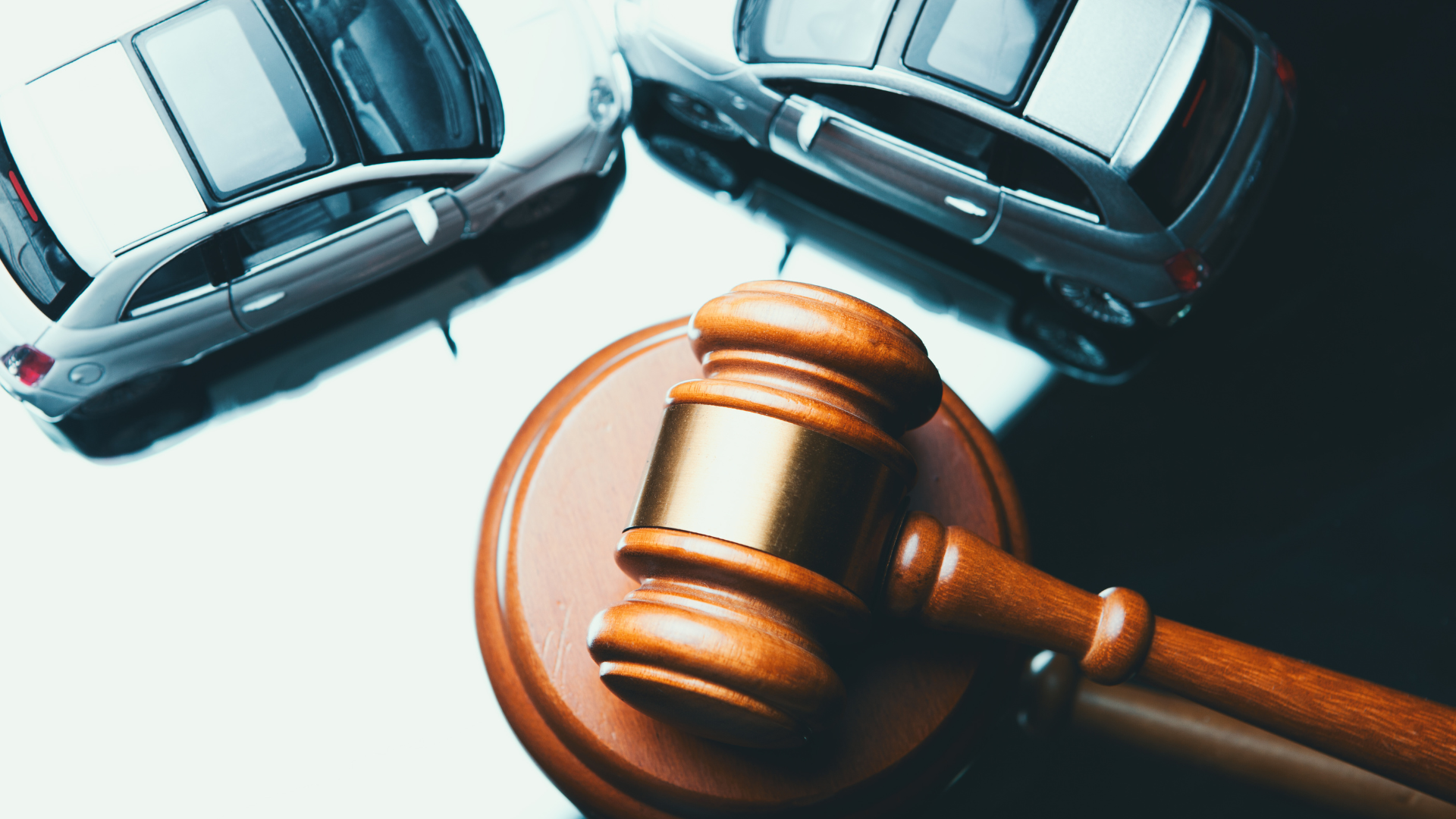The number one issue that I see with dealers relates to disclosures from the auction and disclosures to customers. In this article, we’ll discuss how to navigate auction announcements and your liability as the seller of vehicles to consumers.
For an audio-visual version of this blog, click below.
How Auctions Work
Auctions usually have a lighting system, green light, yellow light, and red light, that notifies the dealers of certain issues and then also has an announcement section as part of the auction, which would announce any issues with the vehicle. Sometimes those announcements concern something like unibody damage. Unibody damages can range from major accident history and impact damage to a simple hole in the car’s frame. Regardless of how big or small the damage is, a dealer must disclose it to the customer.
Dealer Disclosures & Announcements
I’ve seen cases where unibody damage is a hole from a subwoofer or a speaker being installed in a car being drilled through the unibody frame. Does that affect the actual reliability of the unibody frame? I don’t know. You’d need an expert to figure that out, but it counts as a disclosure under the auction. It is certainly different and has a different extent than unibody damage caused by a major accident, yet it has the same simple disclosure: unibody/frame damage. It’s up to the dealer to disclose that to the consumer and dealers usually do have the obligation to do that, which we’ll get into in a later video. One thing to really be mindful of is those announcements and disclosures at the auction. If the auction discloses something in the announcements, then the dealer has a duty to disclose to the customer.
What Happens if a Dealer Doesn’t Disclose Damages?
If a dealer has knowledge of damage to the vehicle that is not readily ascertainable in due diligence by the customer, the dealer is open to liability. This can lead to a world of expensive issues ranging from steep fines to lawsuits. Therefore, it is critical for dealers who buy a vehicle at auction that they are aware of the disclosures and communicate those with their customers. What is more, those disclosures become part of the dealer’s file on the vehicle such that salespeople and other folks in the dealership know if there’s been a disclosure on the auction receipt.
Looking for More Legal Tips and Support?
Join the Georgia Car Law Authority for FREE and receive exclusive legal content, tips, and updates. Sign-up at www.georgiacarlaw.com.
If you are looking for more personalized, comprehensive support, join The Driveway, our monthly legal membership program. Check it out here or book a strategy session with us today!



